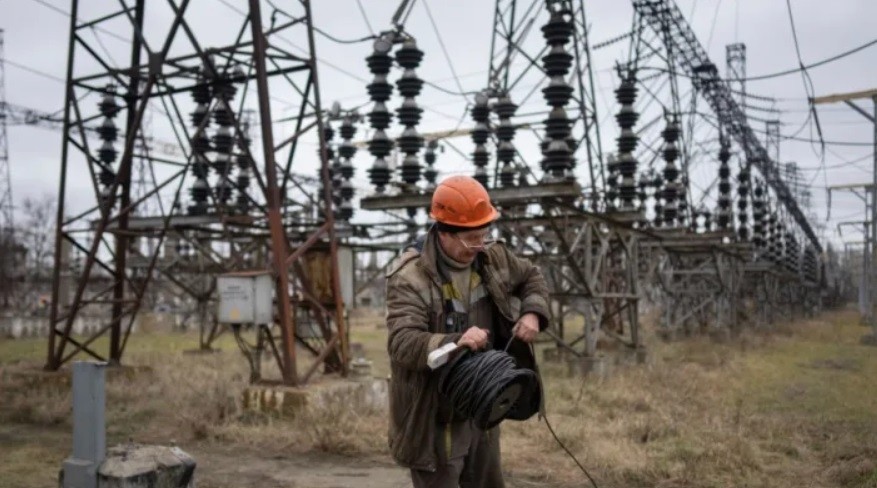US provides Ukraine $125 million to aid energy infrastructure under Russian attacks

The Biden administration announced late Wednesday that it will provide Ukraine with $125 million to support its energy infrastructure, drawing down from an aid package Congress passed in December that amounted to nearly $45 billion.
Secretary of State Antony Blinken said the funding will go to acquire “essential industrial equipment to maintain water supply and heating systems in and around Kyiv.”
“Throughout its war against Ukraine, Russia has systematically targeted the energy grid in order to leave millions without power, water, or heat,” Blinken said in a statement.
“Russia, in doing so, has sought to sap Ukraine’s resilience and determination during the cold winter months. Nevertheless, these attacks have made the Ukrainians only even more determined to persevere,” he said.
Congress approved nearly $45 billion in additional support for Ukraine in December that came in addition to a $40 billion aid package that passed in May.
Russian attacks on the country have destroyed half of Ukraine’s energy infrastructure, Jaco Cilliers, the resident representative to Ukraine for the United Nations Development Program, told the Voice of America in December.
The disruption in energy has put millions of people at risk with irregular access to heat and water. Russia in October began employing explosive drones supplied by Iran alongside rockets and missiles to overload Ukraine’s air defense systems and its energy structures.
The U.S. is expected to announce on Friday new military assistance for Ukraine as it continues to try to push Russia out of the territory 11 months into the war.
On Saturday, a Russian-launched KH-22 missile struck a multistory apartment building in the eastern Ukrainian city of Dnipro, killing at least 45 people, including six children, and injuring 79 people.
The United Kingdom’s Ministry of Defense said in a June assessment that the KH-22 missiles were initially designed as anti-ship missiles, to be launched at aircraft carriers and carry a nuclear warhead. But Russia has increasingly turned to the 5.5-ton missiles for land targets.
“When employed in a ground attack role with a conventional warhead they are highly inaccurate and can therefore cause significant collateral damage and civilian casualties,” the U.K. Ministry of Defense tweeted.
